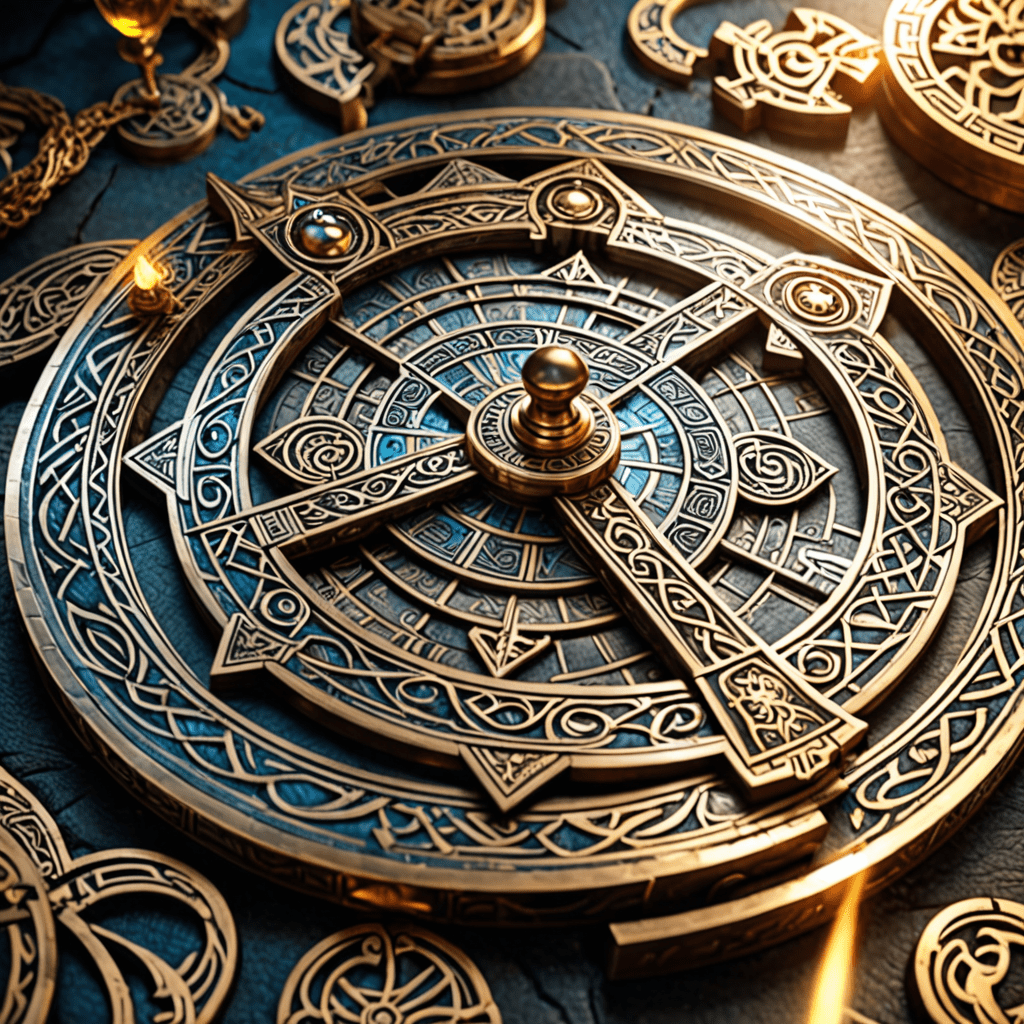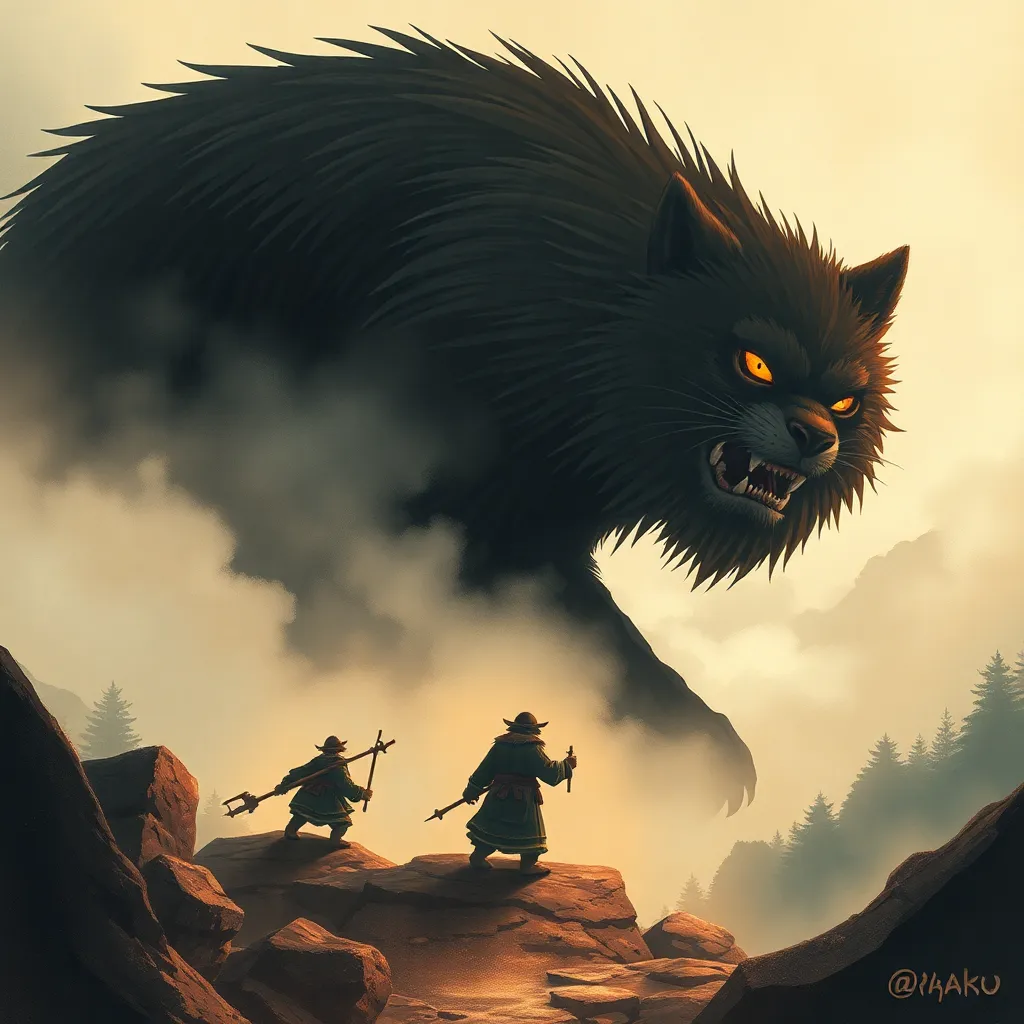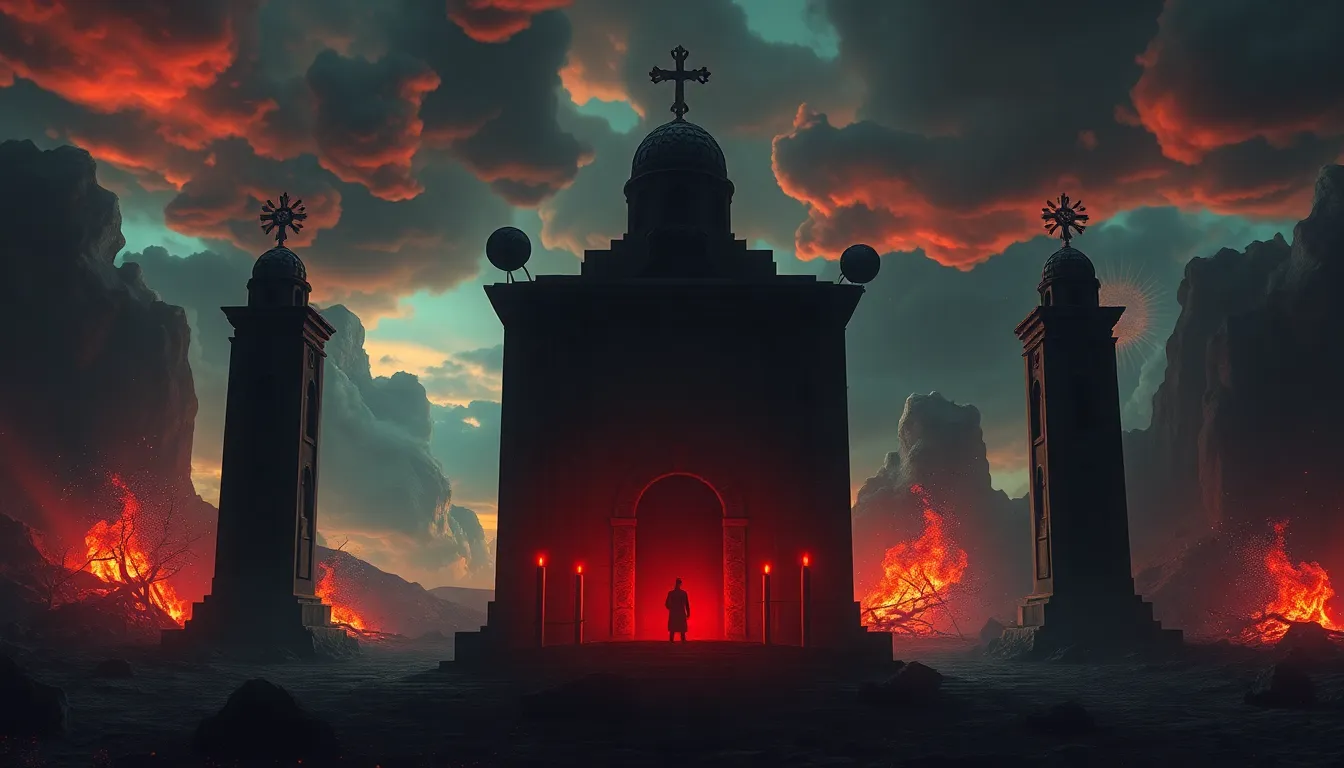The Role of Riddles and Puzzles in Norse Mythology
Norse mythology is rich with tales of gods, giants, and other mythical beings. Central to many of these stories are riddles and puzzles that play a significant role in shaping the narrative and challenging the characters involved.
What is the significance of riddles and puzzles in Norse mythology?
Riddles and puzzles are frequently used in Norse mythology as a tool of wit, cunning, and wisdom. They often serve as a test of one’s intelligence, creativity, and problem-solving skills. These challenges are commonly employed by gods, giants, and other beings in myths to outsmart or be outwitted by each other, leading to unexpected twists and turns in the tales.
Examples of riddles and puzzles in Norse mythology
One famous example of a riddle in Norse mythology is the tale of the god Odin seeking wisdom. In this story, Odin consults a giant named Vafthrudnir and engages in a high-stakes riddle contest, where the loser would face dire consequences. Through a series of clever questions and answers, Odin ultimately emerges victorious, demonstrating his quick thinking and intellect.
Another notable puzzle in Norse mythology is the binding of the wolf, Fenrir. The gods attempted to chain Fenrir by presenting him with an unbreakable magical ribbon, Gleipnir, which was disguised as a silken thread. Fenrir agreed to be bound only if one of the gods placed their hand in his mouth as a sign of good faith. Tyr, the god of war, volunteers for this task, ultimately sacrificing his own hand when Fenrir realizes the true nature of the ribbon. This event showcases not only the use of deception but also the consequences of bravery and sacrifice in Norse mythology.
Role of riddles and puzzles in shaping Norse mythology
Riddles and puzzles serve multiple purposes in Norse mythology. They add depth to the characters by showcasing their intelligence, wit, and strategic thinking. Through these challenges, different mythological beings reveal their true nature, which in turn influences the course of the myth. Additionally, riddles and puzzles often provide lessons and moral values within the stories, highlighting the importance of cleverness, ingenuity, and sometimes sacrifice in overcoming obstacles and adversaries.
In conclusion, riddles and puzzles play a significant role in Norse mythology, weaving through the intricate tapestry of the tales and adding layers of complexity and engagement for both the characters and the audience. By understanding the use of these challenges, we can appreciate the myths of the Norse gods and beings on a deeper level, appreciating the cleverness and wisdom that they embody.
FAQ: The Role of Riddles and Puzzles in Norse Mythology
What role do riddles and puzzles play in Norse mythology?
Riddles and puzzles are prevalent in Norse mythology as they often serve as challenges that characters must solve to progress or attain knowledge, showcasing wit and intelligence as desirable traits.
Which Norse myths feature significant riddles or puzzles?
One of the most famous instances is the story of the god Odin and the giant Vafþrúðnir, where they engage in a battle of wits, exchanging challenging questions and answers.
Why are riddles and puzzles important in Norse mythology?
Riddles and puzzles add depth to the stories, highlighting the cleverness and cunning of characters, as well as emphasizing the themes of wisdom, knowledge, and the complexity of fate in Norse beliefs.



